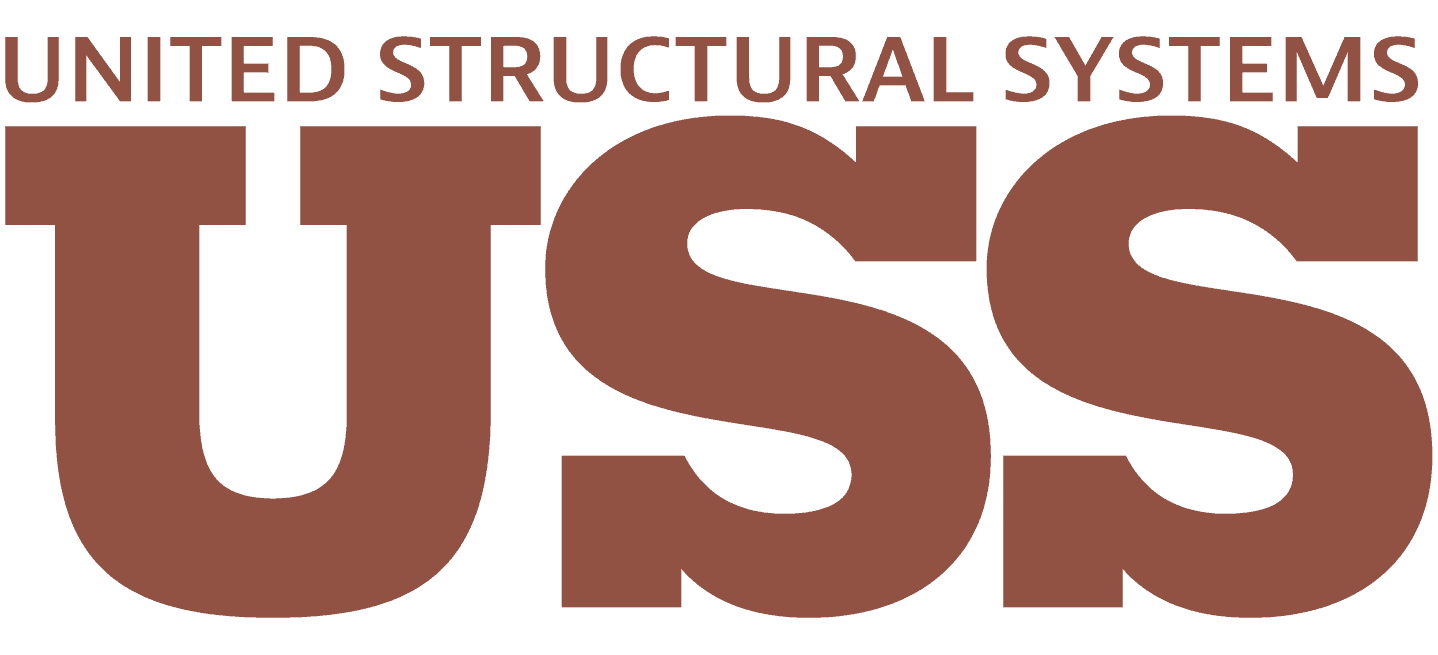Common Causes of Foundation Damage in Rental Properties and How to Avoid Them

The foundation of any building is, without any doubt, the most fundamental part of its structure, and when it is damaged, it can lead to significant problems. Foundation problems can impact the safety of the property, and they can also lead to expensive repairs. Property managers are responsible for the well-being of rental properties, including their foundations, so understanding the common causes of foundation damage and how to prevent them is crucial.
Here are some common causes of foundation damage in rental properties and how property managers can avoid them:
Moisture: Moisture is one of the primary causes of foundation problems. Water accumulating around the foundation can lead to soil expansion, erosion, and settling. These issues can cause the foundation to shift, crack, or sink. Moisture can come from several sources, including rainfall, plumbing leaks, and poor drainage.
To prevent moisture-related foundation problems, property managers should:
- Ensure proper drainage around the property's perimeter.
- Regularly check for plumbing leaks and fix them.
- Install and maintain gutters and downspouts to ensure water flows away from the foundation.
- Have the property's soil graded so water flows away from the foundation.
Tree Roots: Trees add beauty to any property, but if planted too close to the foundation, they can cause significant problems. Tree roots can grow and displace soil, causing the foundation to move or crack. When trees absorb moisture from the soil, it can also cause soil shrinkage that can affect the foundation.
To prevent tree root-related foundation problems, property managers should:
- Ensure that trees are planted at least 20 feet away from the foundation.
- Install a root barrier made of heavy-duty material to prevent roots from growing toward the foundation.
Soil type: The soil the property is built on can also impact the foundation's health. Some soils, like clay soil, can cause the foundation to heave, settle, or shift when they expand or contract. Every soil type has a different capacity for holding moisture, impacting the foundation's stability.
To prevent soil-related foundation problems, property managers should:
- Understand the type of soil and its impact on the foundation's health.
- Hire a professional to analyze the soil's characteristics before building on it.
- Install a proper foundation system that can handle the type of soil and the potential problems that can arise.
- Proactively check the perimeter of the foundation for signs of settlement
Poor Construction: Construction companies must meet strict construction standards when building rental properties. However, when shortcuts are taken, or the building process is rushed, it can lead to significant issues, including foundation problems. Poor construction can include incorrect foundation design, subpar materials, and incorrect installation.
To prevent poor construction-related foundation problems, property managers should:
- Hire licensed and experienced professionals for building and foundation work.
- Regularly inspect the property for any signs of construction defects and fix them promptly.
- Ensure the foundation is built to code by having it inspected by an independent building inspector.
Foundation problems can be costly to repair, but they can also have serious safety implications for tenants and the property. Property managers must take proactive steps to prevent foundation problems caused by moisture, tree roots, soil types, and poor construction.
Call United Structural Systems Today!
By understanding these common causes and incorporating preventative measures to avoid them, property managers can protect the rental property's foundation, tenants, and their investment. Call United Structural Systems today at (615) 227-2275 to schedule a consultation with our team.
We offer financing plans, accept major credit cards and personal checks.
See what customers have to say about working with USS.
Our customer reviews speak for themselves.




